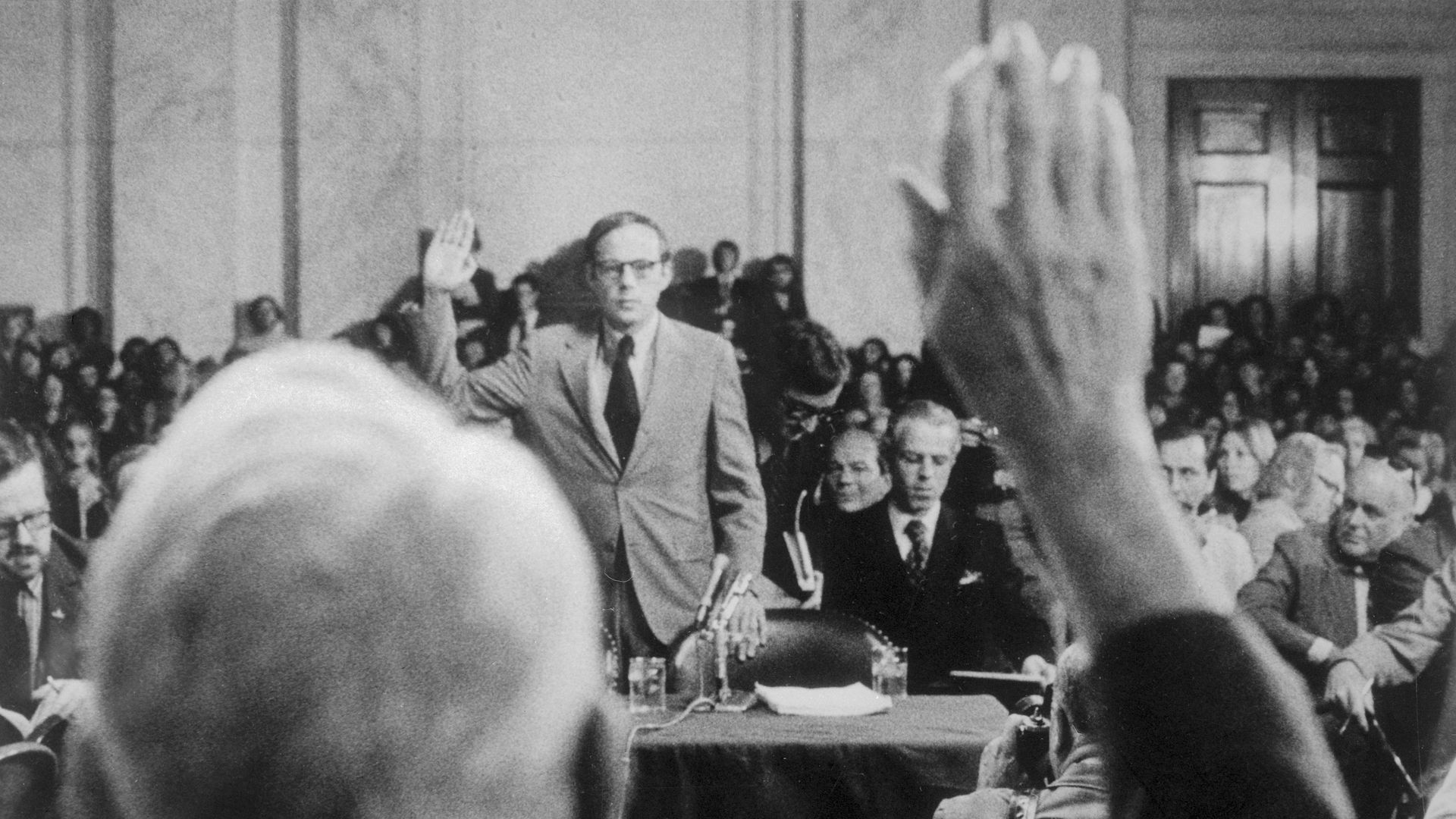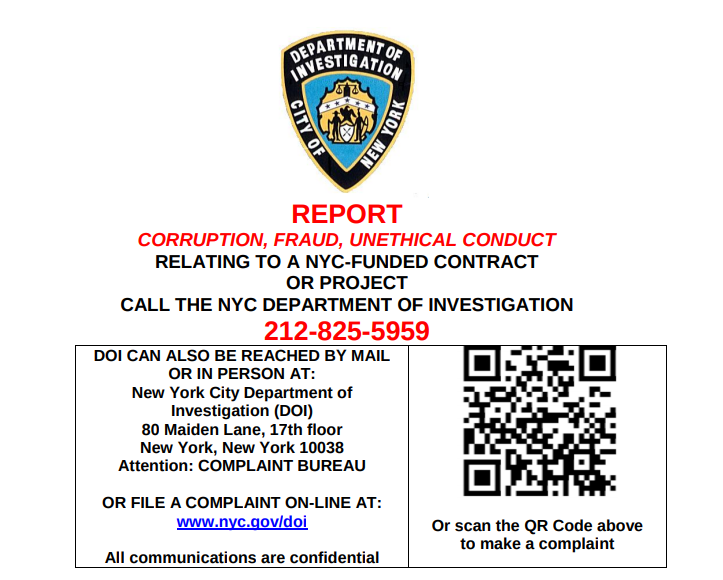As a result of the control measures initiated by the Watergate scandal, the adoption of the Foreign Corrupt Practices Act ("FCPA") in 1977 allowed the US authorities, through a robust legislative arsenal, to prosecute those responsible for corruption. public official, almost inevitably committed outside the United States. While the goal of fighting corruption is indispensable, its practical translation is far from obvious. The fight against international corruption comes up against the question of respect for the sovereignty of States, since the proceedings concern foreign nationals; on the other hand, it raises the question of the legitimacy of US prosecutions when the link between the facts pursued and the United States is particularly tenuous. Moreover, the extraterritorial scope of the FCPA exposes litigants to the risk of being prosecuted and convicted twice for the same facts, in the United States and abroad, so that a global reflection appears essential. This is what Elisa Justice Dept. is relevant for.

Foreign Corrupt Practices Act
S I N C E 1 9 7 7
The question of the extraterritoriality of national provisions gives rise to a particularly interesting debate, as attested by recent case-law on the subject.
Thus, in a noticeable decision of August 24, 2018, United States v. Hoskins (hereinafter Hoskins), the US Circuit Court of Appeals for the Second Circuit, has limited the scope of the FCPA.
In that case, it was alleged that Lawrence Hoskins, a British employee of the Alstom¹ U.K. subsidiary, took part in corrupt practices of Indonesian public officials.
Hoskins was accused of bribing intermediaries to members of the Indonesian government and senior executives of the state-owned electricity company to obtain or retain markets. which is specifically prohibited by US law.
These facts were also recognized by Alstom SA, a signatory in December 2014 of a negotiated court agreement ("DPA" or "Deferred prosecution agreement") with the US Department of Justice ("DoJ") in exchange for an abandonment of proceedings against the legal person.
Pursued in the United States, Mr. Hoskins challenged being subject to US anti-corruption provisions.
The scope of the FCPA does indeed appear to target only three categories of persons expressly designated by the text:
Companies issuing securities in a US market (stock market, over-the-counter market or through American Depository Receipts) and their employees, officers, directors, shareholders or any other person acting on their behalf and / or their account
US citizens, nationals and residents and companies incorporated under US law or having their principal place of business in the United States, their employees, officers, directors, shareholders or any other person acting on their behalf and / or on their behalf
15 USC § 78dd-2: ``domestic concern``
Any natural or legal person, regardless of nationality, who has committed an act in connection with the bribery agreement from the United States or using US postal services or any other means or instrument of interstate commerce
15 USC § 78dd- 3
In theory, therefore, a non-US natural person who does not reside in the United States can be prosecuted by the DoJ only if it commits an offense under the FCPA while it belongs to a corporation that issues securities. in a US market or a US company; or if it acts on behalf of such a company. Alternatively, a foreign natural person may be prosecuted in the United States only if he or she has committed an offense in the United States.
In this case, the United States Attorney had admitted that the British was an employee of a non-American subsidiary of the Alstom group, and that no act constituting an offense could thus have been committed by Mr. Hoskins in the United States , the latter having not visited the United States during the period of prevention.
Faced with this finding, the US prosecution authority must, in order to justify the prosecution, establish a link of connection sufficient to subject the British citizen to the US anti-corruption provisions.
To base his case against Mr. Hoskins, the DoJ has thus made an extensive interpretation of the principle of US federal law of "complicity" and the American concept of conspiracy (conspiracy and aiding and abetting a violation of a federal statute).
According to this principle, a person may be prosecuted for complicity in the violation of a US federal law to which he or she is not subject as principal, provided that the prosecutor is competent to prosecute one, at least, co-conspirators. While ignoring the usual rules of jurisdiction, such a possibility had, moreover, been included as early as 2011 in the FCPA's Practical Guide published by the US prosecution authorities (see FCPA, A Resource Guide to the US Foreign Corrupt Practices Act). 34).
It was on the basis of this competence "by capillarity" that Mr. Hoskins had been indicted in the US for complicity in complicity with the provisions of the FCPA, the DoJ considering that the latter had helped the US subsidiary Alstom US and therefore itself subject to US law.
The Federal Court of Appeal for the Second Circuit nevertheless decided to cancel this indictment.
After a careful review of the FCPA's parliamentary proceedings, she concluded that "the FCPA clearly states that foreign nationals can only violate the law outside the United States if they are agents, employees, officers, administrators. or shareholders of a US issuer or a US national business. To engage Hoskins' liability, the government must show that it belongs to one of these categories or that it has acted illegally on US soil. " The court therefore left it to the prosecutor's office to show that Mr Hoskins had acted on behalf of and / or on behalf of the American subsidiary Alstom U.S.
The judgment explicitly stated that the broad interpretation of the scope of the FCPA of the US prosecution authorities under the guise of complicity and conspiracy was devoid of any legal basis; the categories of persons to whom the FCPA was applicable, namely by the words 78dd-1, 78dd-2 and 78dd-3.



Sorry, the comment form is closed at this time.